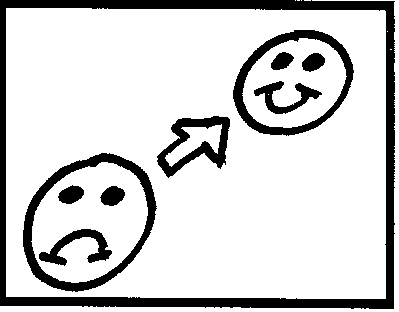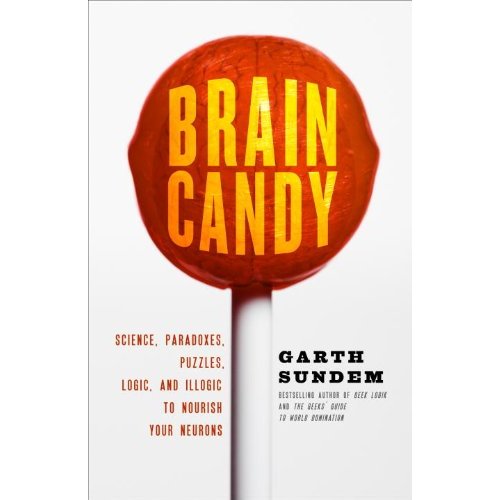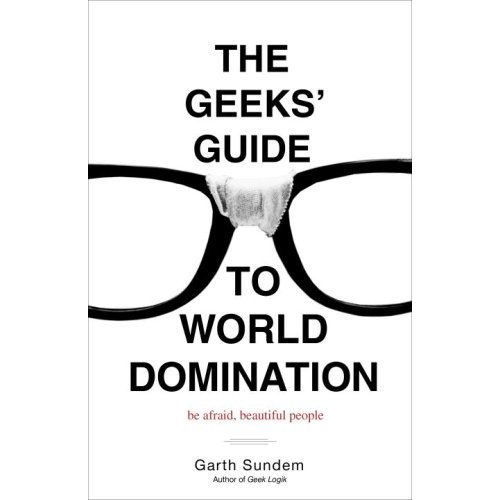 If you're thirsty and you drink, your brain feels pleasure. You feel this same pleasure, borne of satisfying a physical need, when someone you envy is brought low. We call this feeling schadenfreude, but researchers at the National Institute of Radiology in Japan call it dopamine release in the ventral striatum.
If you're thirsty and you drink, your brain feels pleasure. You feel this same pleasure, borne of satisfying a physical need, when someone you envy is brought low. We call this feeling schadenfreude, but researchers at the National Institute of Radiology in Japan call it dopamine release in the ventral striatum. As you might imagine, the thirstier you are, the more dopamine released when you drink. The same is true of schadenfreude: the more envious you are, the more your brain likes it when the target of your envy falls on his/her face. Only after our cerebral cortex steps in to evaluate the reason for our pleasure does the neurological experience of schadenfreude diverge from that of quenching thirst: water stays pure, while schadenfreude brings a layer of guilt.
This shared pathway of physical and emotional need suggests that complex emotions like schadenfreude are no less deeply ingrained in our neural systems than basic desires for things like food and water. But here's the question: why d'you think our brain forces us to feel guilty after schadenfreude? What d'you think is the purpose of this interplay between our unrepentant lizard brain and the more recently developed cerebral umbrella that caps it?
And even more importantly, what kind of geek are you? If input="math geek", goto your nearest bookstore and purchase a copy of Geek Logik: 50 Foolproof Equations for Everyday Life. If you're a full featured, renaissance geek of all trades looking for a good time at others' expense, consider acopy of The Geeks' Guide to World Domination:
Be Afraid Beautiful People. And if you're a geek of the mind, consider preordering a copy of my new book, Brain Candy: Science, Paradoxes, Puzzles, Logic and Illogic to Nourish Your Neurons
(shipping August 3rd).









Comments